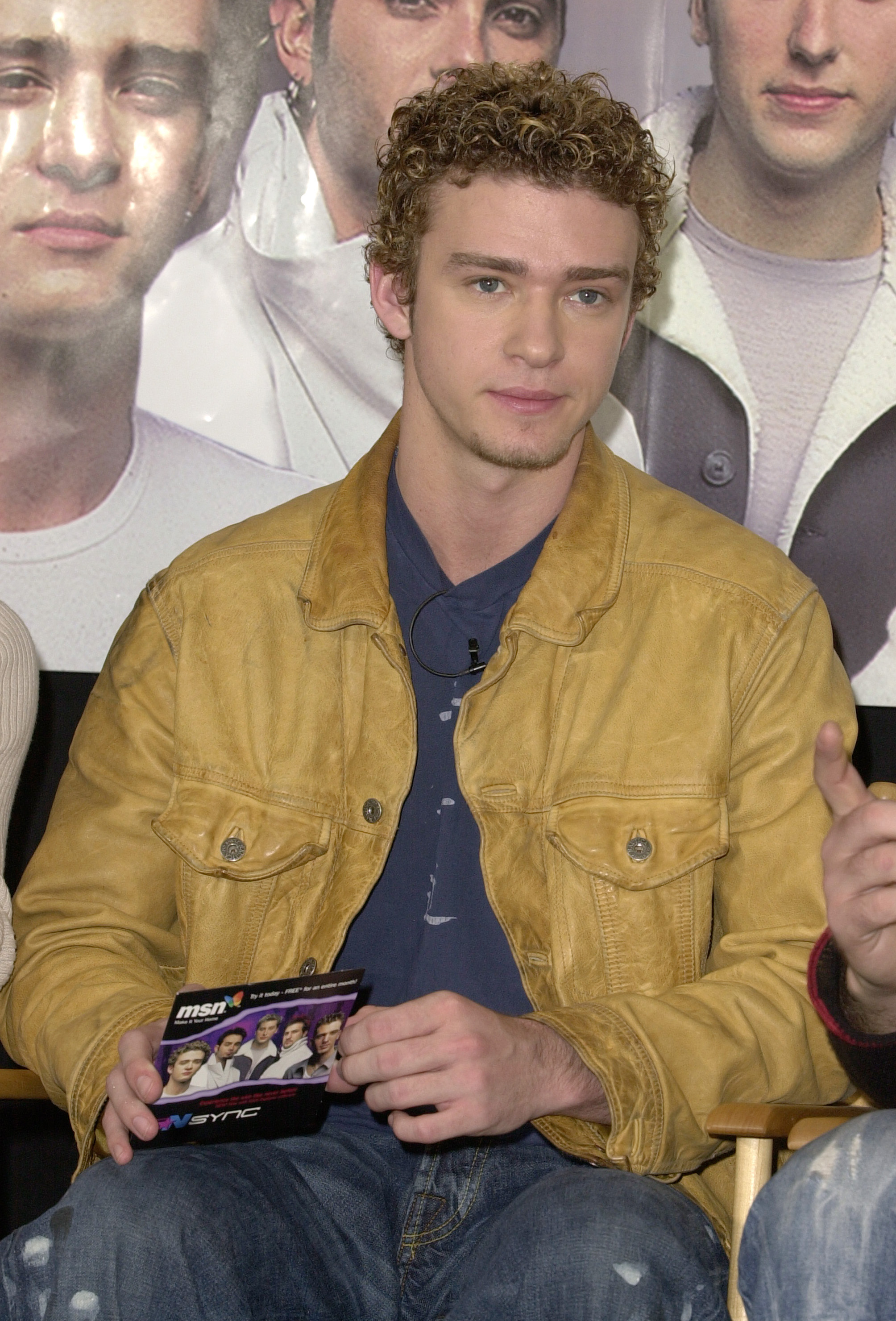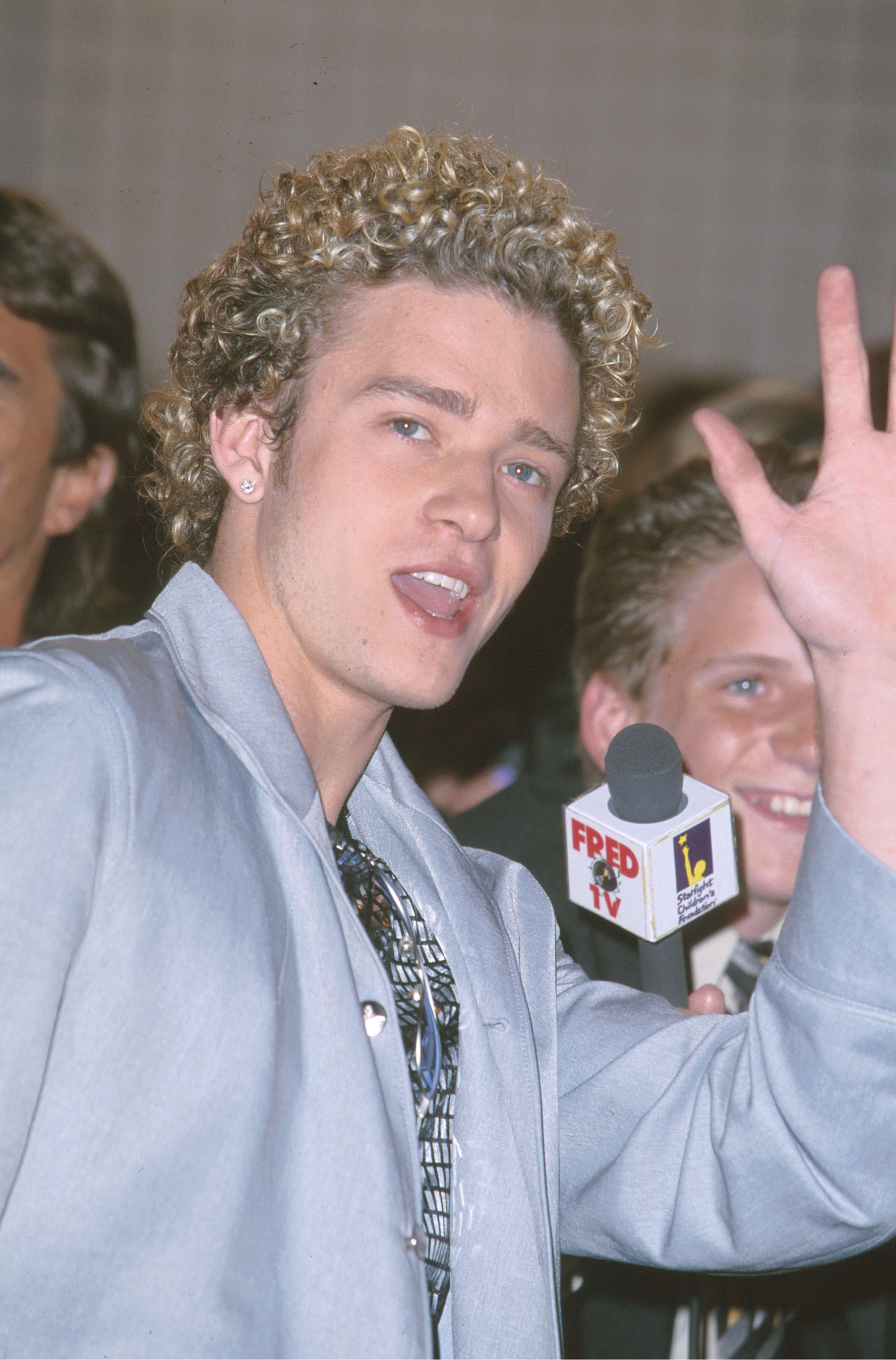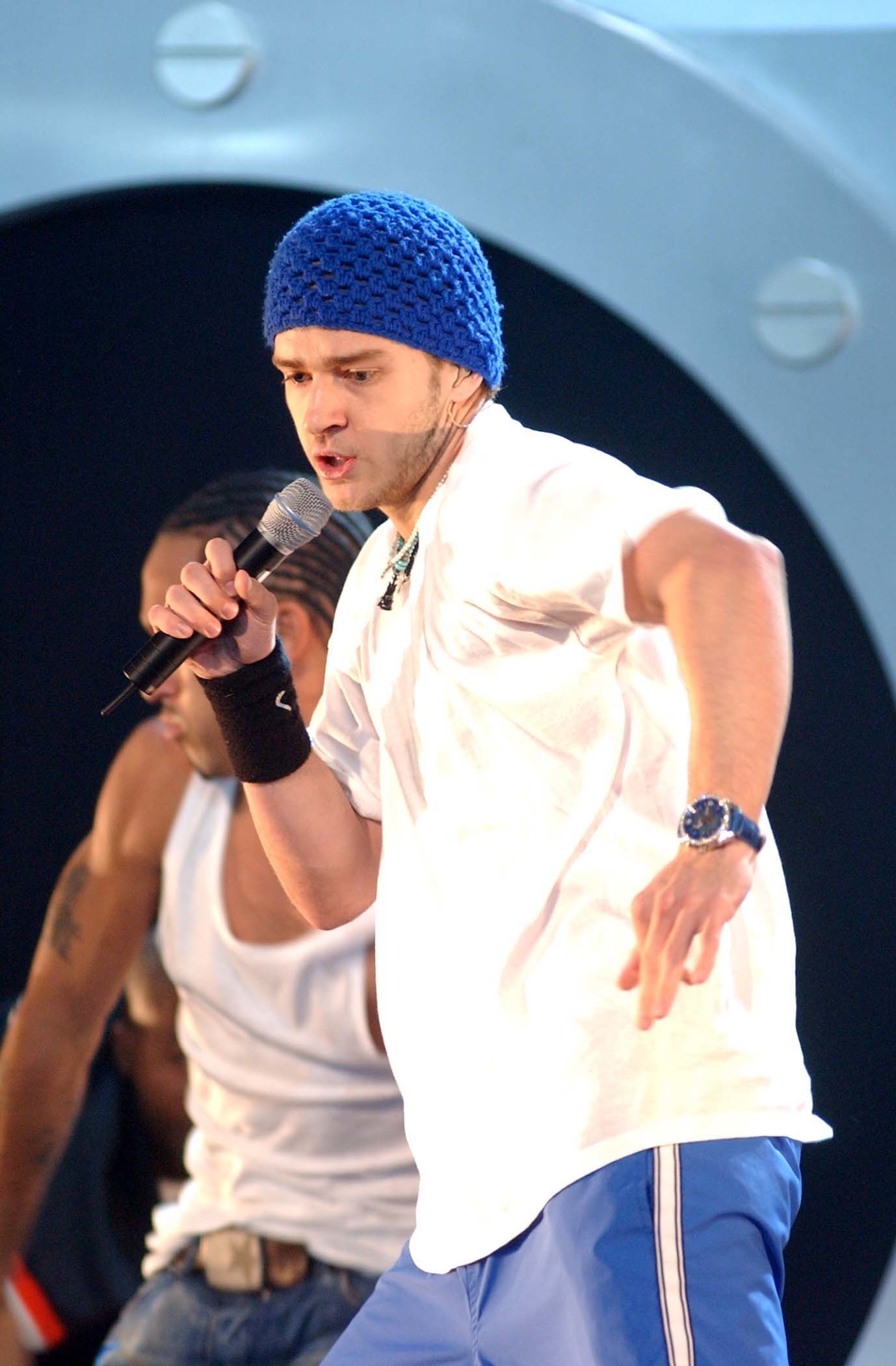Among the many revelations made throughout Britney Spears’s memoir, her description of Justin Timberlake’s so-called blaccent has taken the internet by storm.
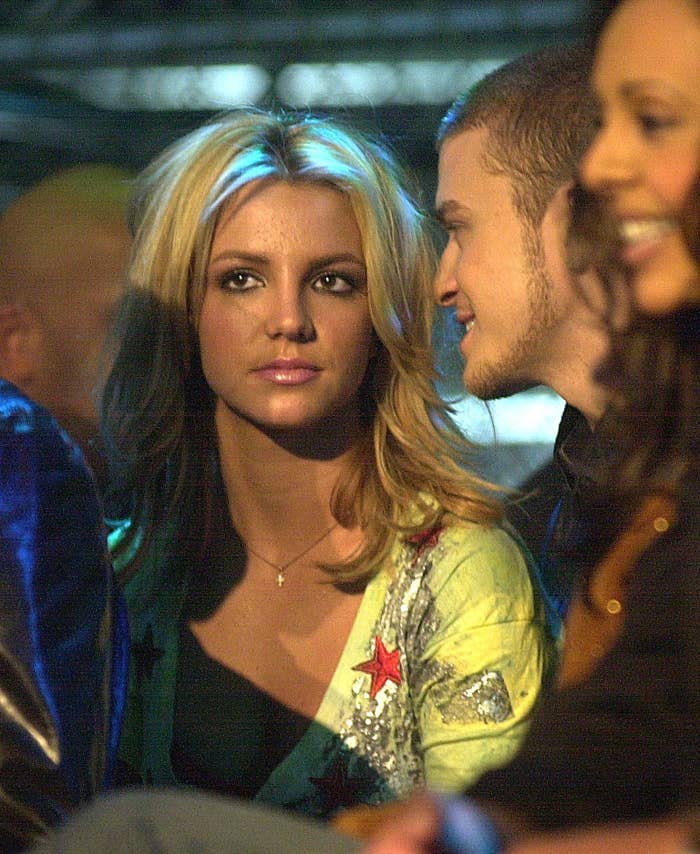
In her recently released book, The Woman in Me, Britney recalls Justin — whom she dated between 1999 and 2002 — getting incredibly “excited” when he ran into R&B singer Ginuwine out in New York. She alleges that Justin loudly said, “Oh yeah, fo shiz, fo shiz! Ginuwine! What’s up, homie?”
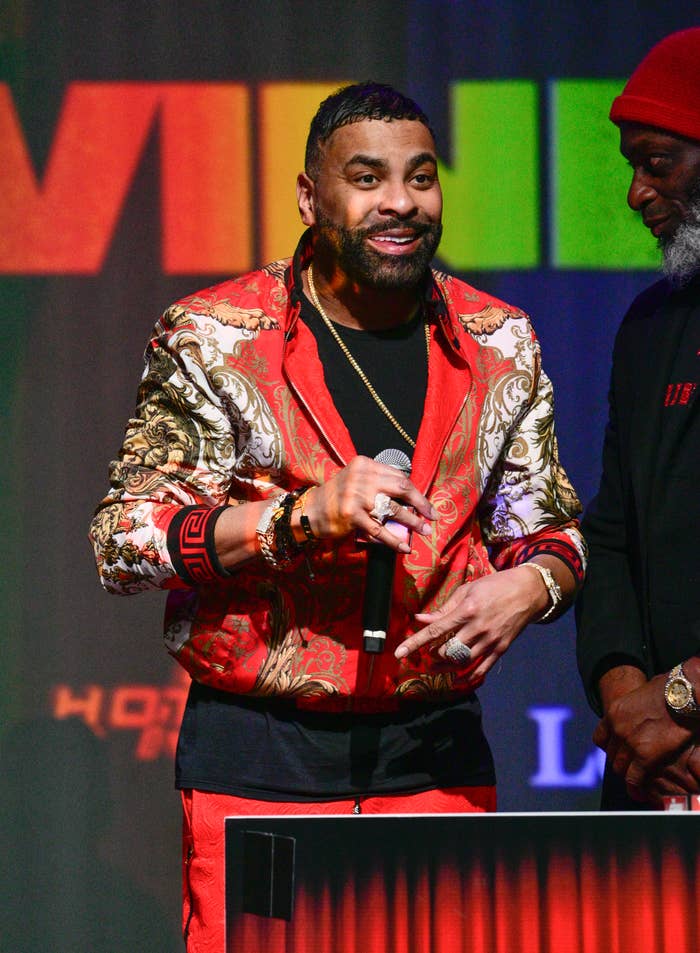
Britney also describes Justin’s former band, NSYNC, as “white boys” who “loved hip-hop” and “tried too hard to fit in” with the Black scene.
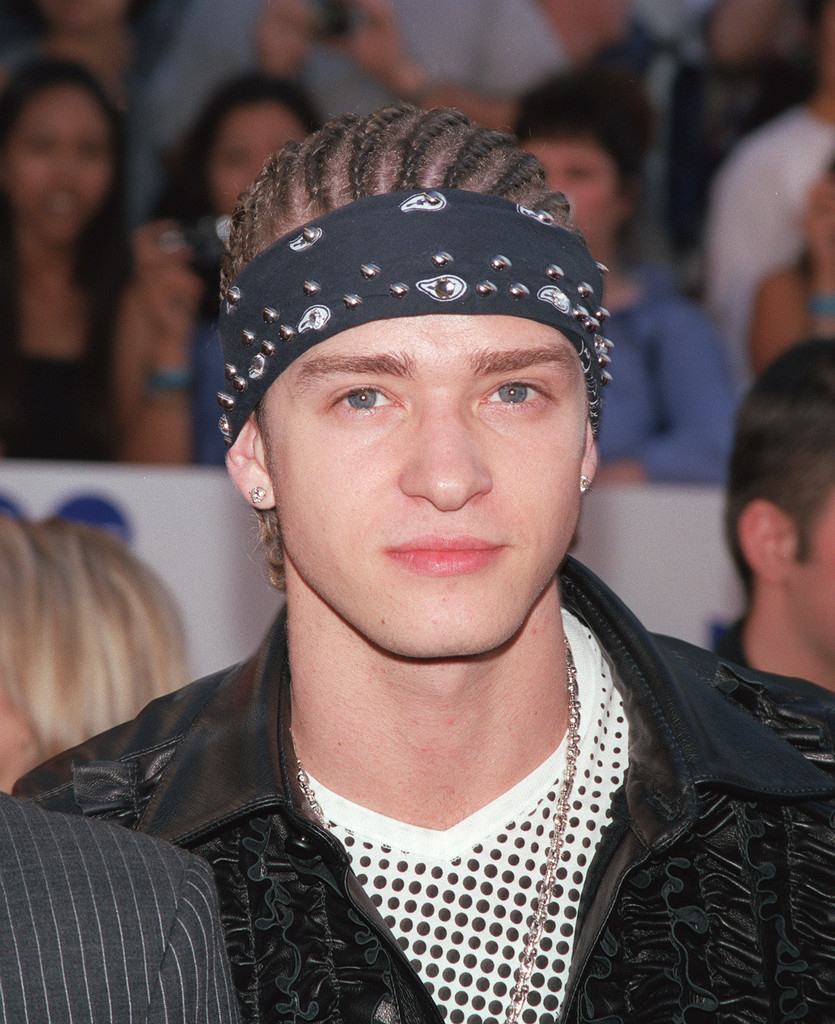
She writes, “*NSYNC was what people back then called ‘so pimp.’ They were white boys, but they loved hip-hop. To me, that’s what separated them from the Backstreet Boys, who seemed very consciously to position themselves as a white group.”
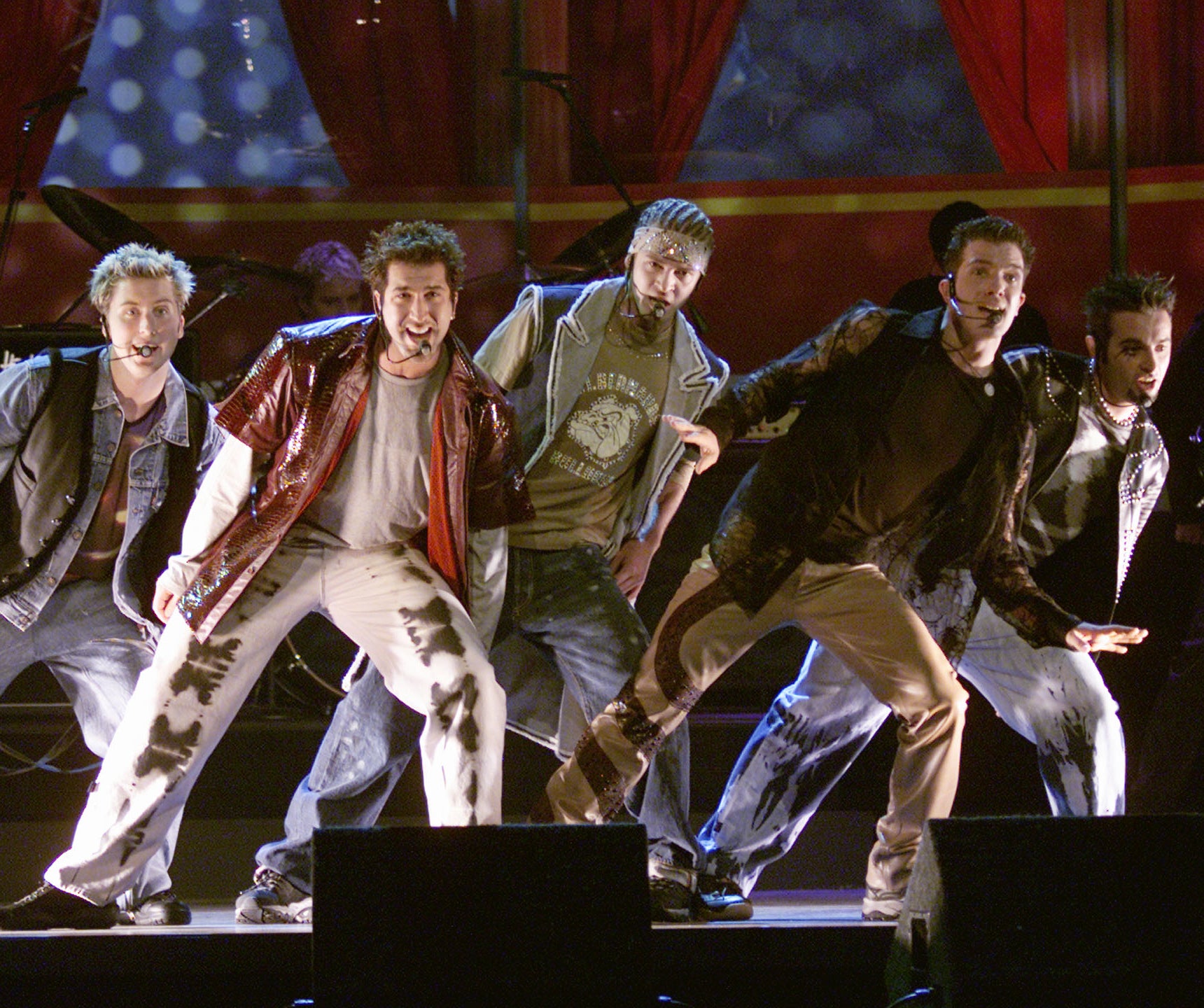
“*NYNC hung out with Black artists. Sometimes, I thought they tried too hard to fit in,” she adds.
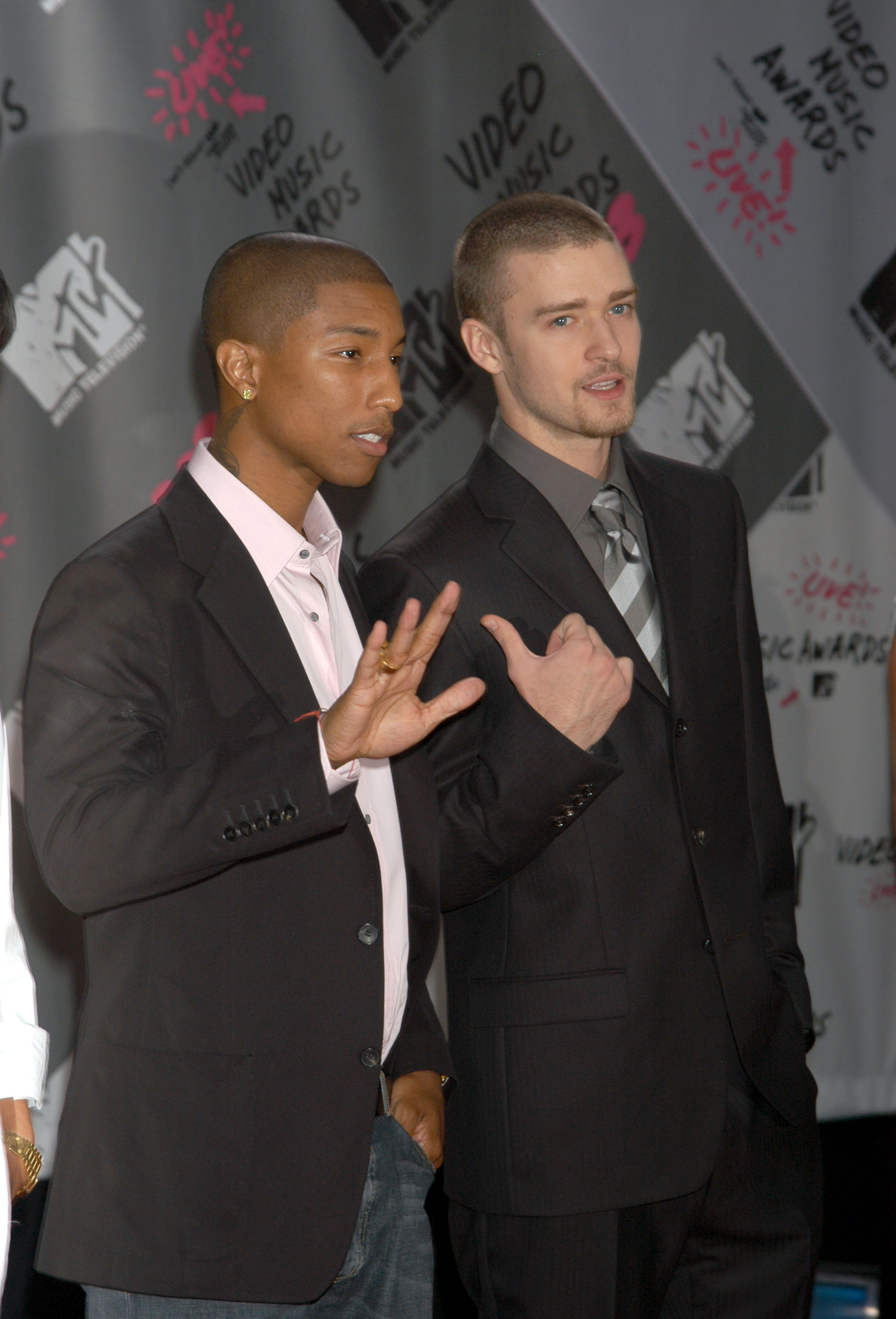
Britney’s comments have since sparked a conversation around Justin’s appropriation of Black culture throughout the 2000s.
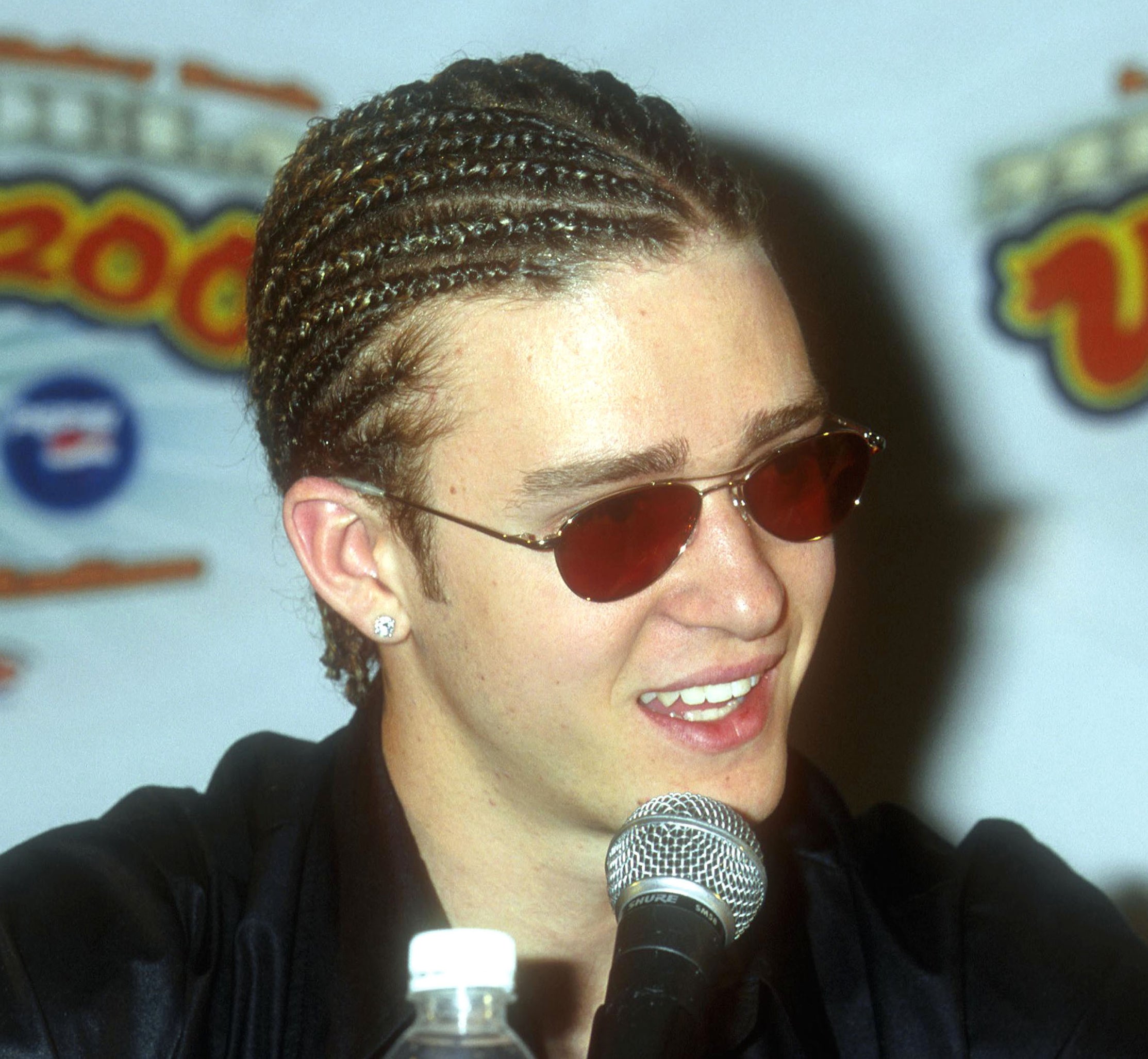
But before we get into this, it’s important to highlight the difference between cultural appreciation and appropriation. Cultural appreciation can loosely be defined as seeking to understand and learn about a culture and its historical significance, whereas cultural appropriation involves what some have described as “cherry-picking” or selecting trendy aspects of a culture without acknowledging or highlighting their original significance.
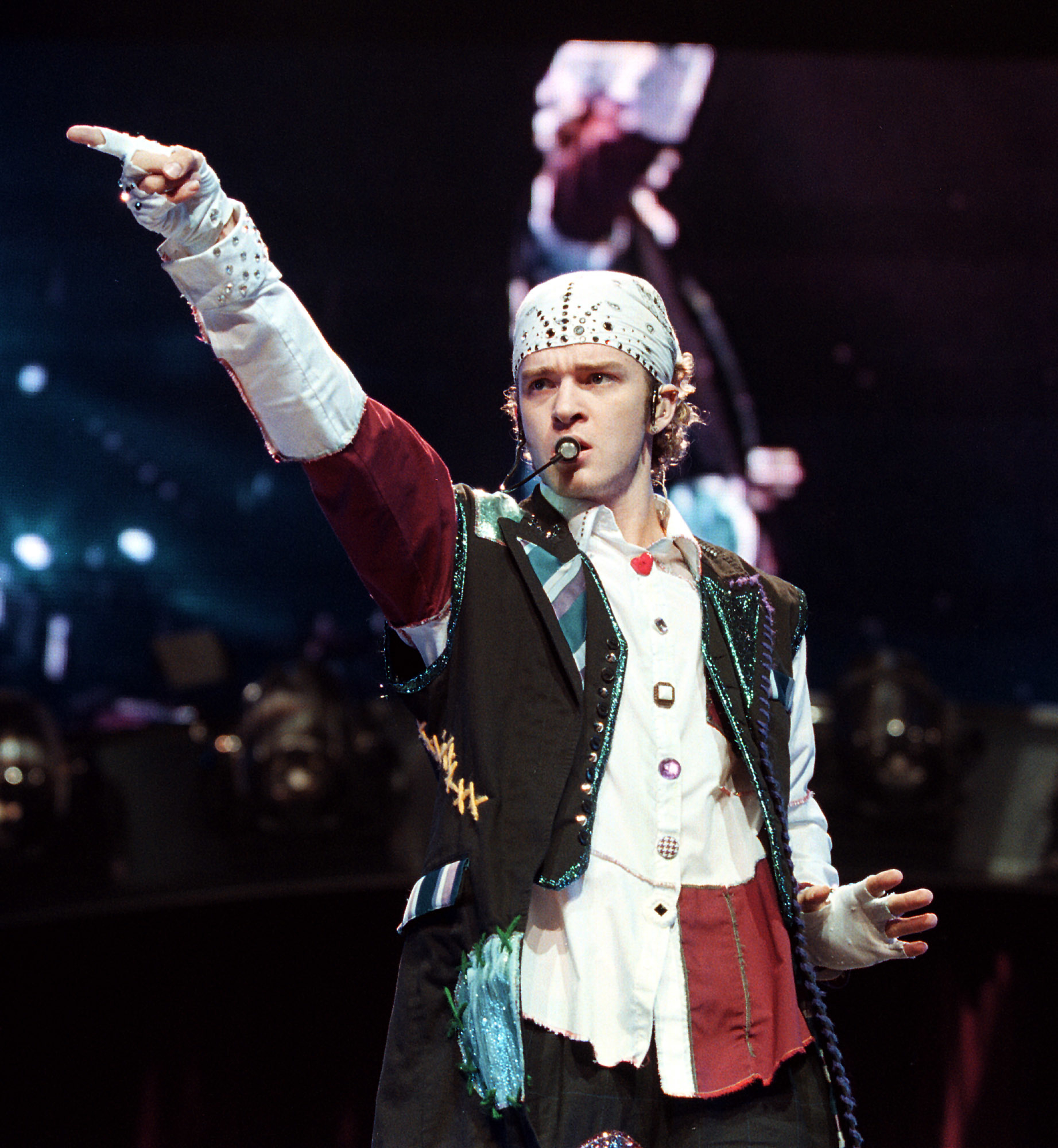
With Justin, there’s no doubt that he was inspired by Black culture. He wore his hair in cornrows, used African American Vernacular English (AAVE) and spoke in a “blaccent,” and collaborated with several prominent Black artists and producers.
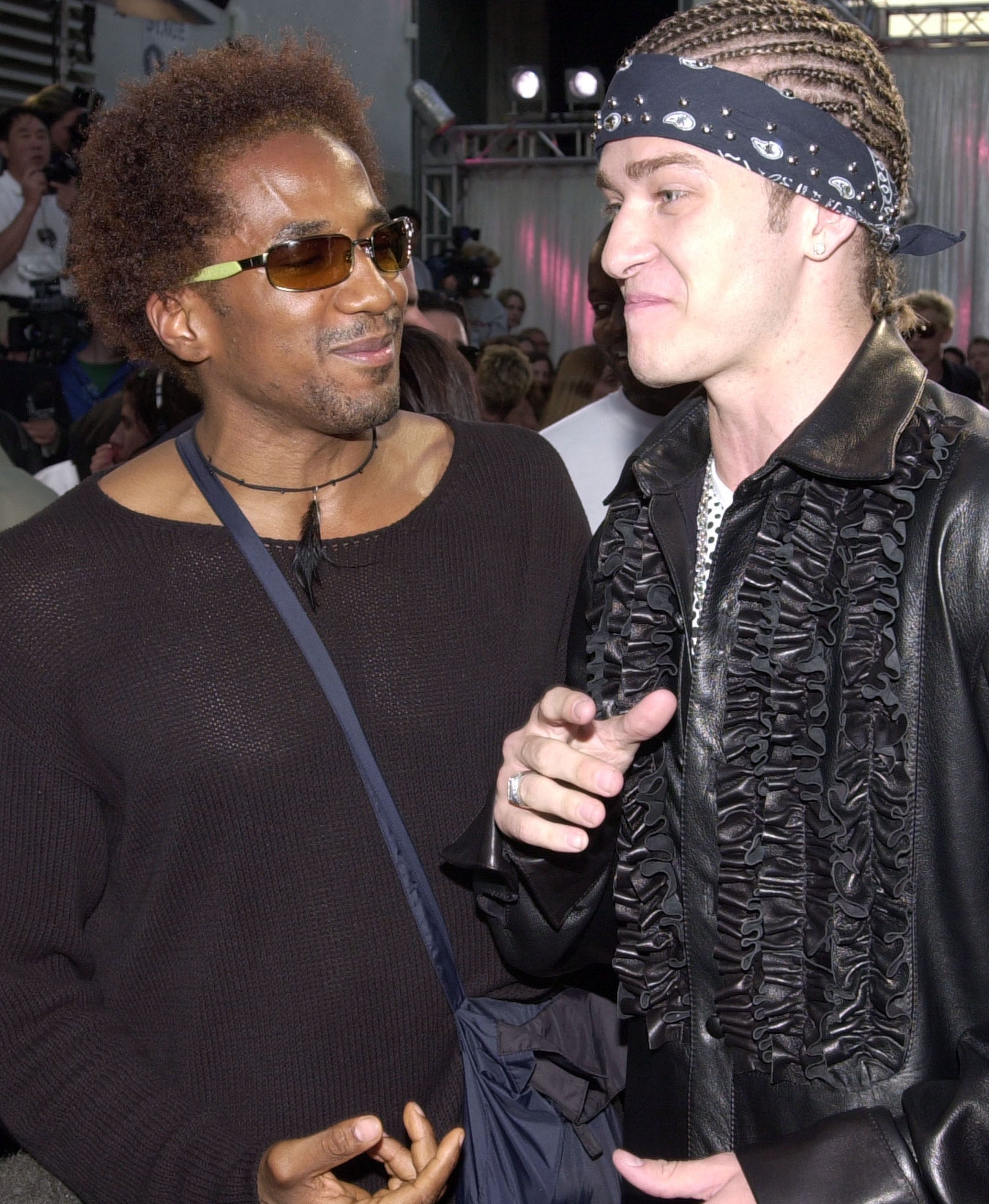
Back in 2020, Justin changed his dialect entirely while repeatedly calling singer SZA “sis” during an appearance on The Ellen DeGeneres Show. Years before, in 2014, he sparked fierce backlash after calling Madonna his “ninja” in a now-deleted tweet. The term “ninja” is often used as a substitute for the n-word.
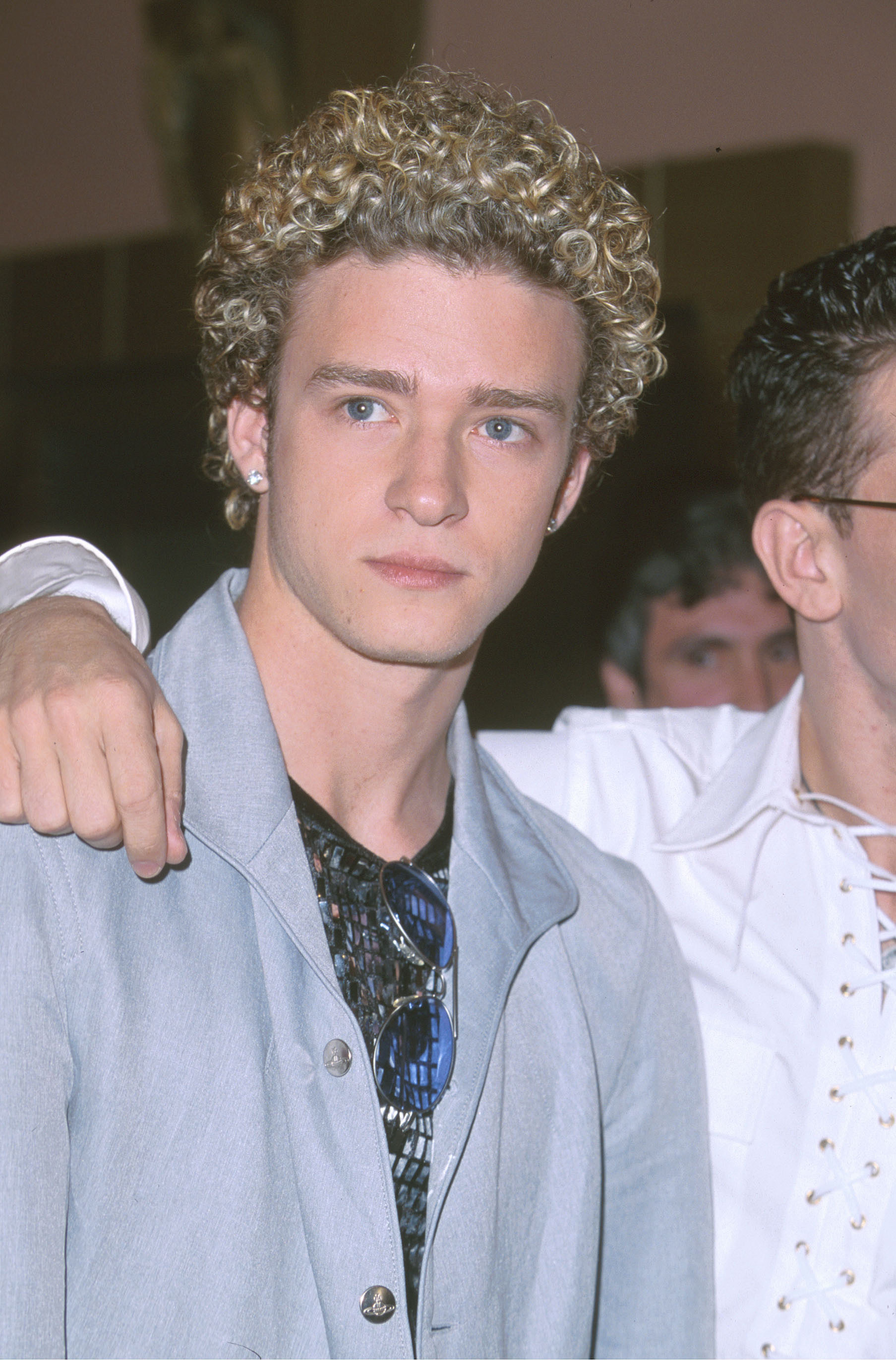
And, of course, Justin skyrocketed to international fame when he was making hip-hop- and R&B-influenced music. But while he would repeatedly indulge in aspects of Black culture, he rarely — if ever — addressed his privilege as a white man who can live without the hardships of being Black.
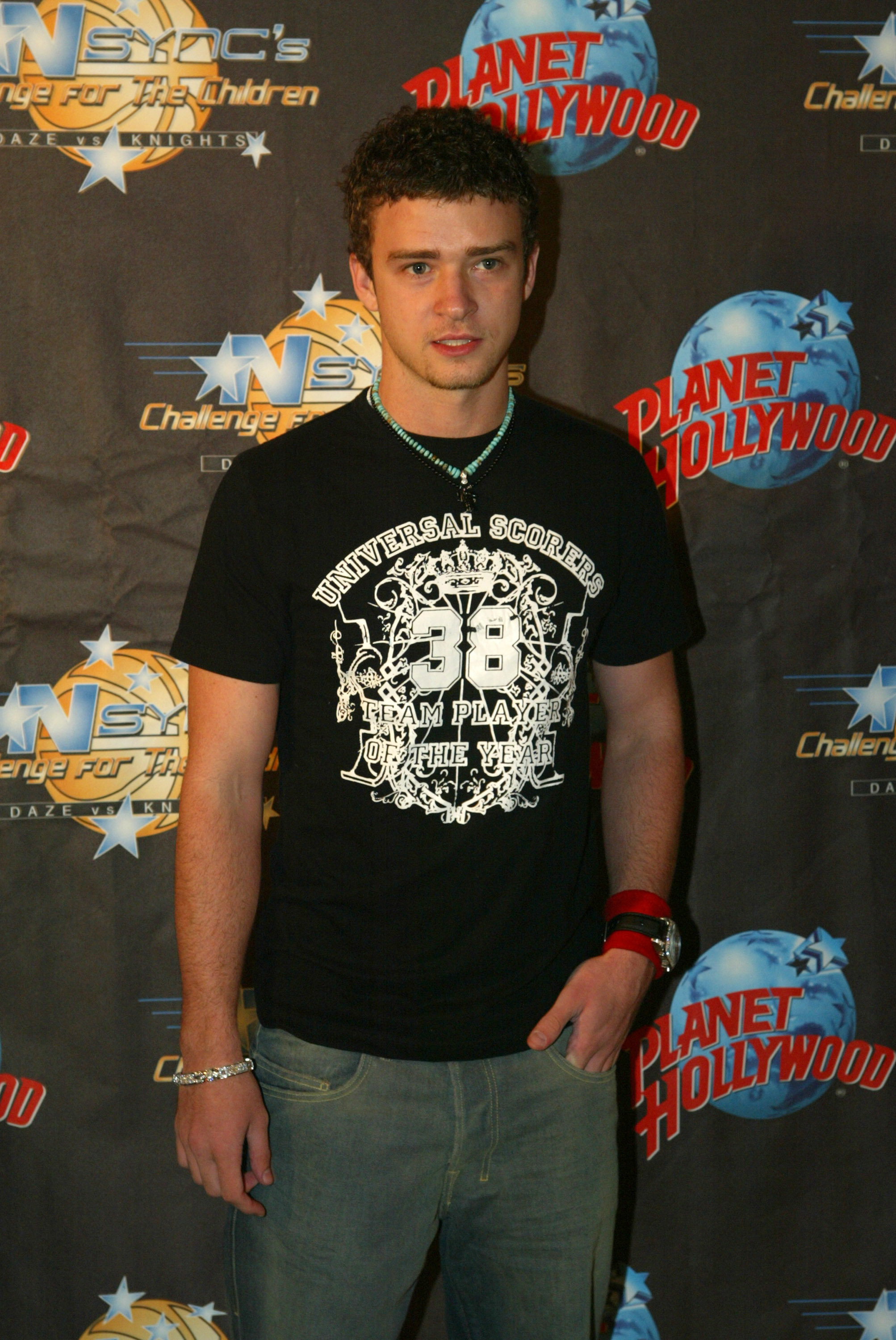
By 2018, Justin had pivoted away from the style that had made him famous, which left some people labeling him a “culture vulture” who “uses” Black culture for his benefit.
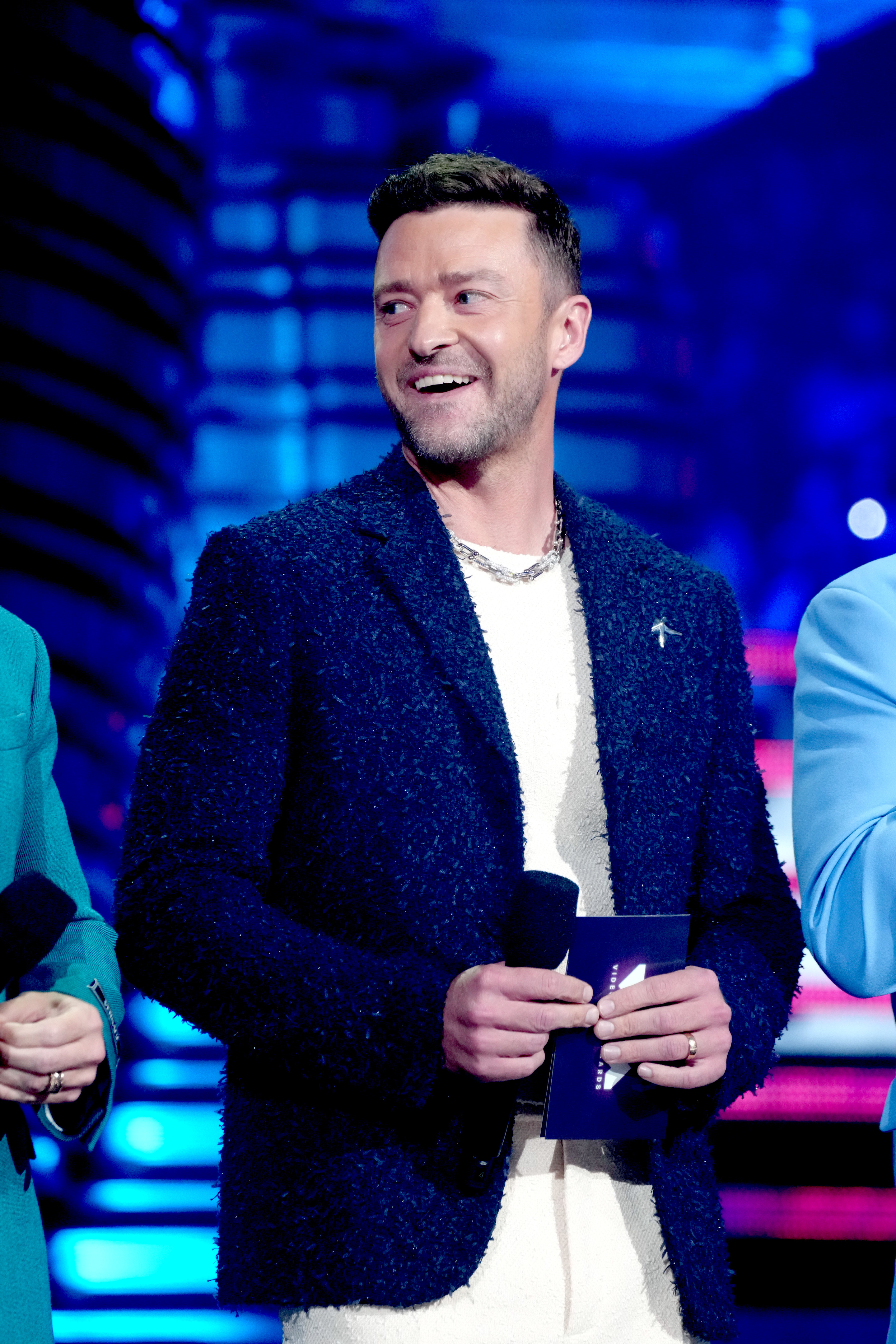
Other white artists have held themselves accountable for building a career centered on Black culture while remaining silent on the difficult reality of being a Black person. Macklemore, for example, called himself out in his 2016 song “White Privilege II,” which featured lyrics like, “We wanna dress like, walk like, talk like, dance like, yet we just stand by / We take all we want from Black culture, but will we show up for Black lives?”
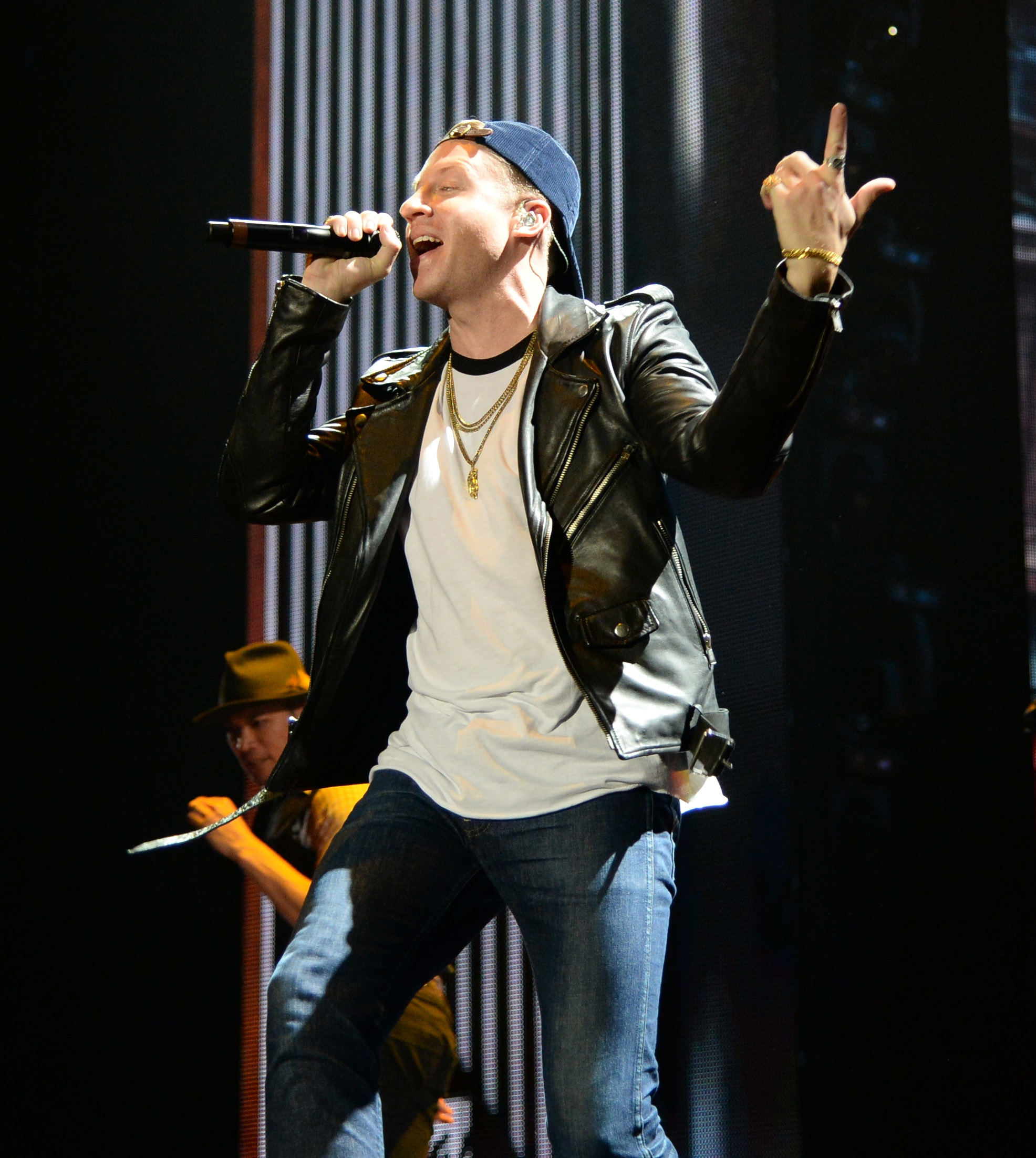
But Justin hasn’t ever held himself accountable in any meaningful way, while repeatedly dismissing Black people over the years. Perhaps most memorably, he did not publicly defend Janet Jackson after infamously ripping away part of her costume and exposing her breast on live TV during their 2004 Super Bowl performance. Janet’s career suffered massively afterward, and while she was shamed and essentially shunned by the music industry, Justin’s career thrived — to the point where he was invited back to the Super Bowl years later.
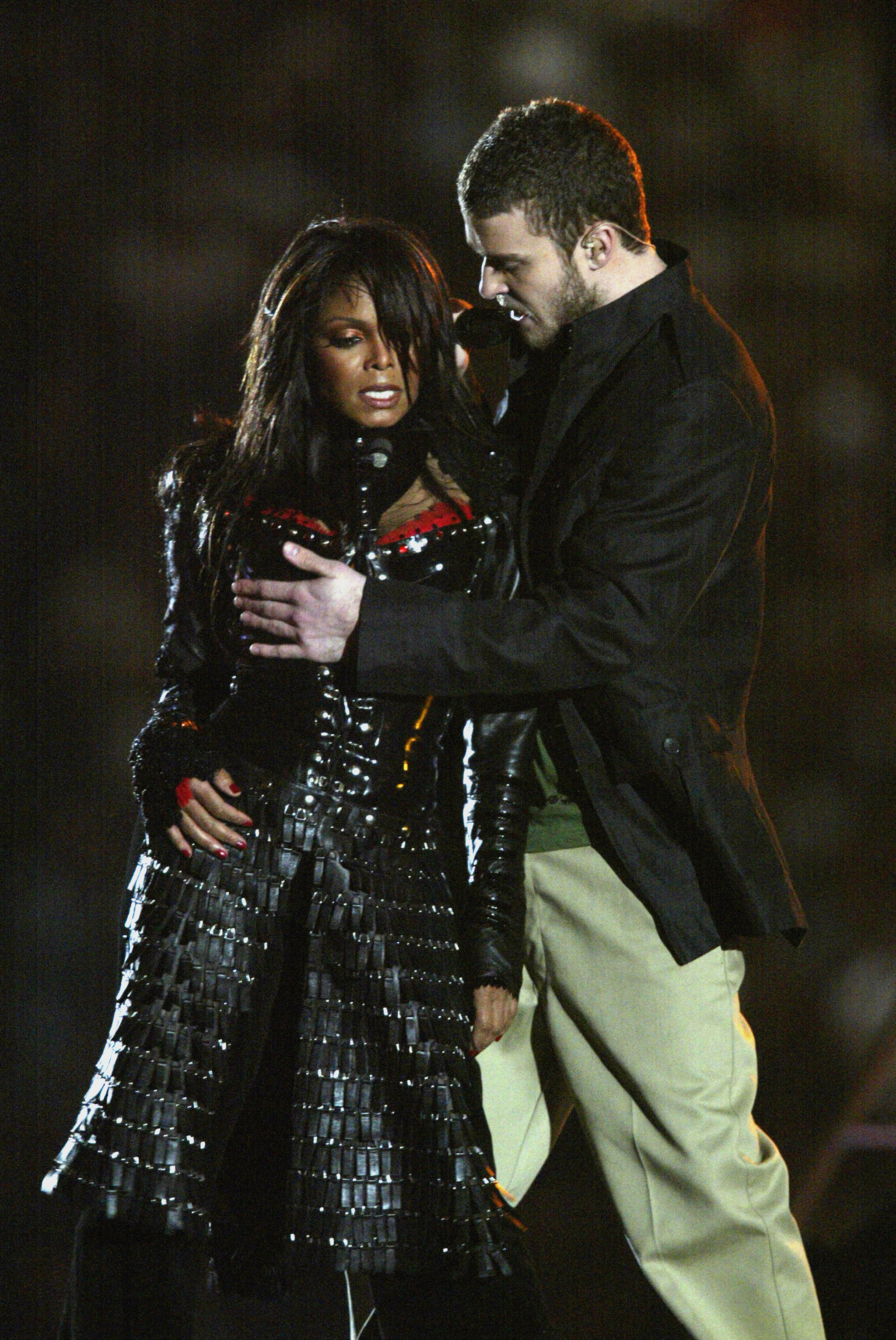
Not only did Justin fail to defend Janet during this time, but he actually contributed to the widespread mockery of her by making light of the entire thing. He described the incident as “every man’s dream” and later made fun of her amid a 2011 performance.
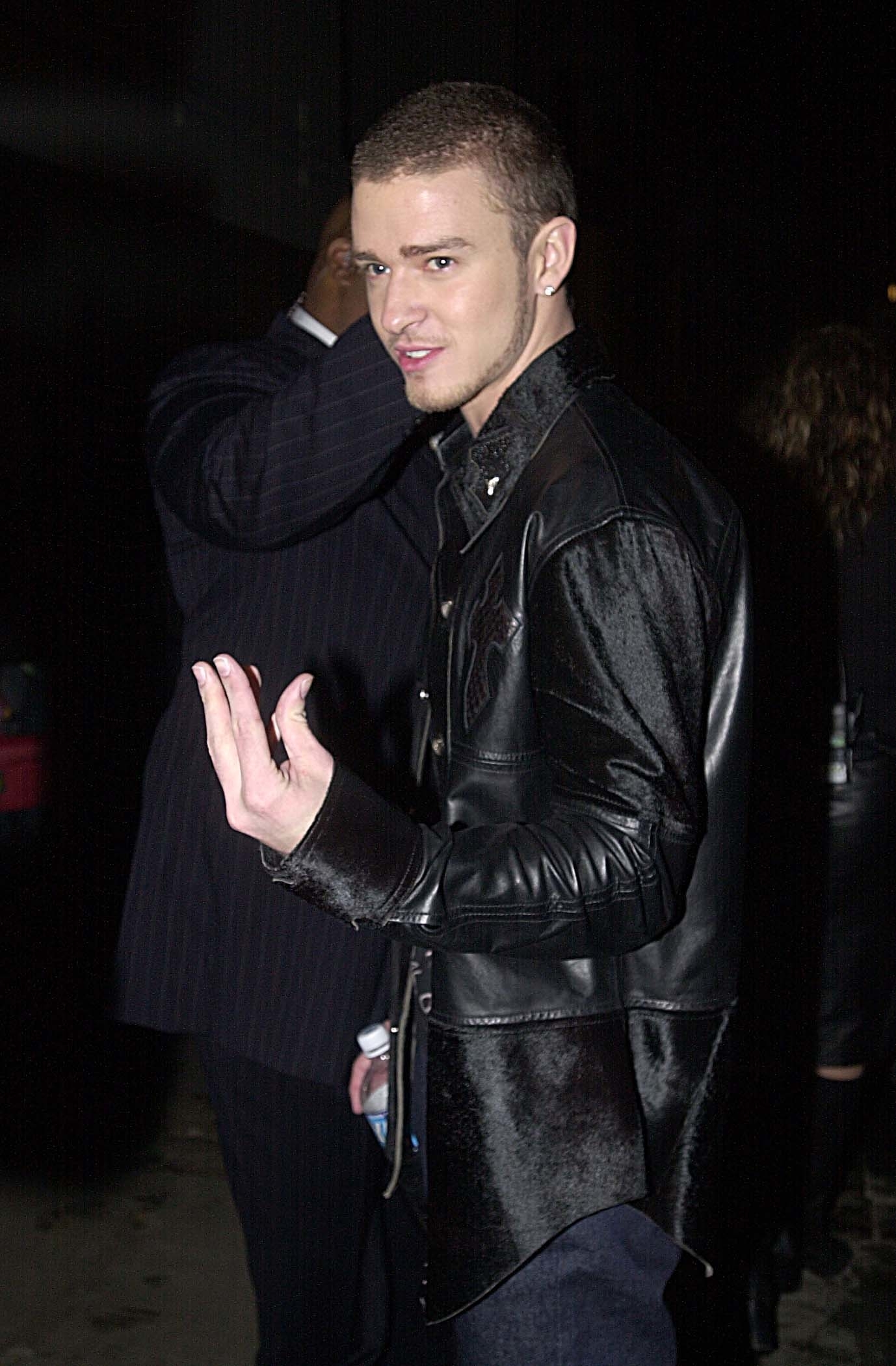
Justin’s treatment of Janet left several people seriously angry, not least because of the way he’d aligned himself with prominent Black artists over the years. Then, in 2018, he faced heavy backlash after tweeting that he felt “inspired” by Jesse Williams’s speech at the BET Awards, which partly discussed cultural appropriation, with several internet users urging Justin to acknowledge his long-running silence on the hardships of being Black and his lack of apology for his treatment of Janet.
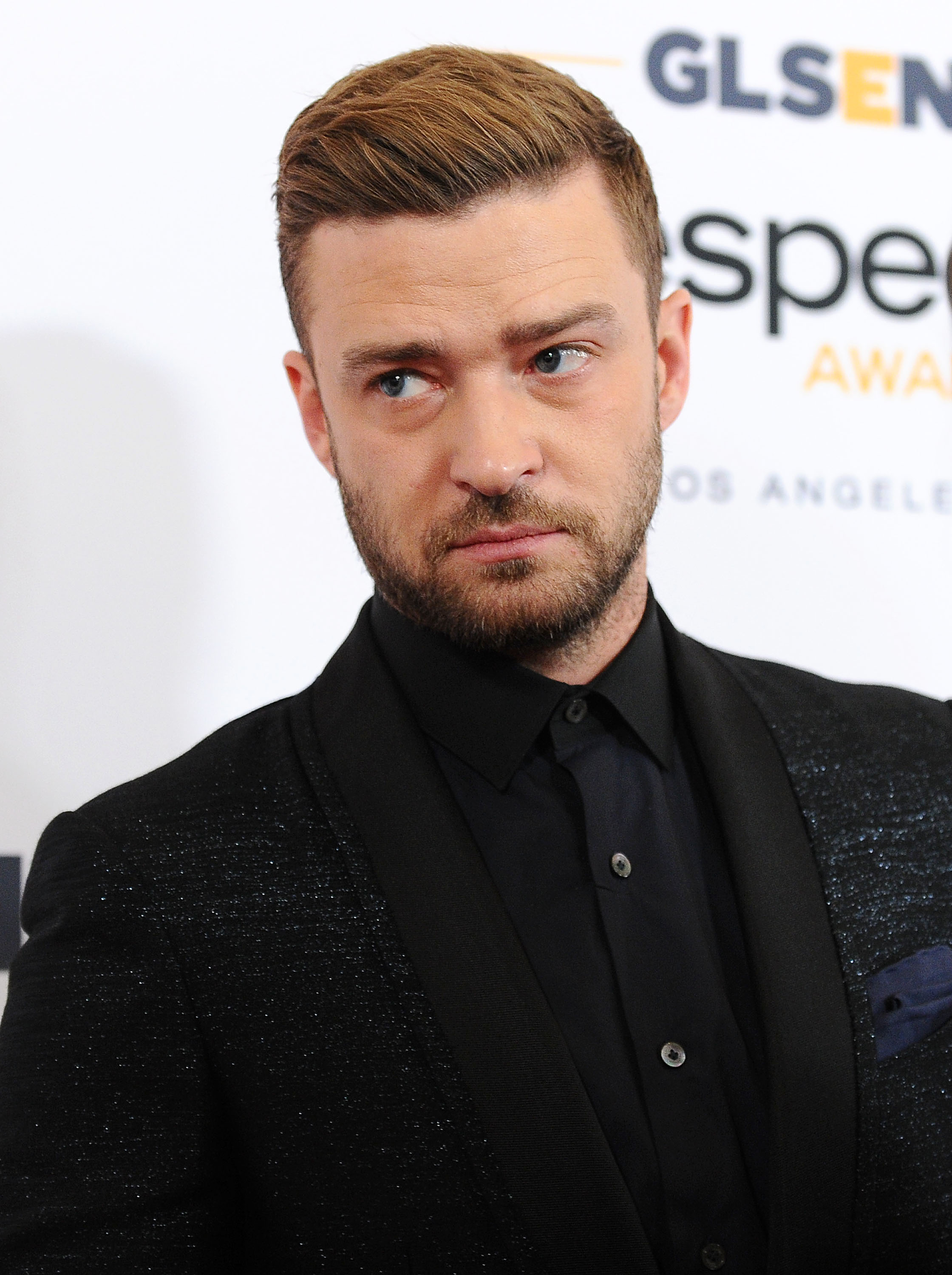
Justin replied, “Oh, you sweet soul. The more you realize that we are the same, the more we can have a conversation. Bye.” He did not apologize to Janet at that time.
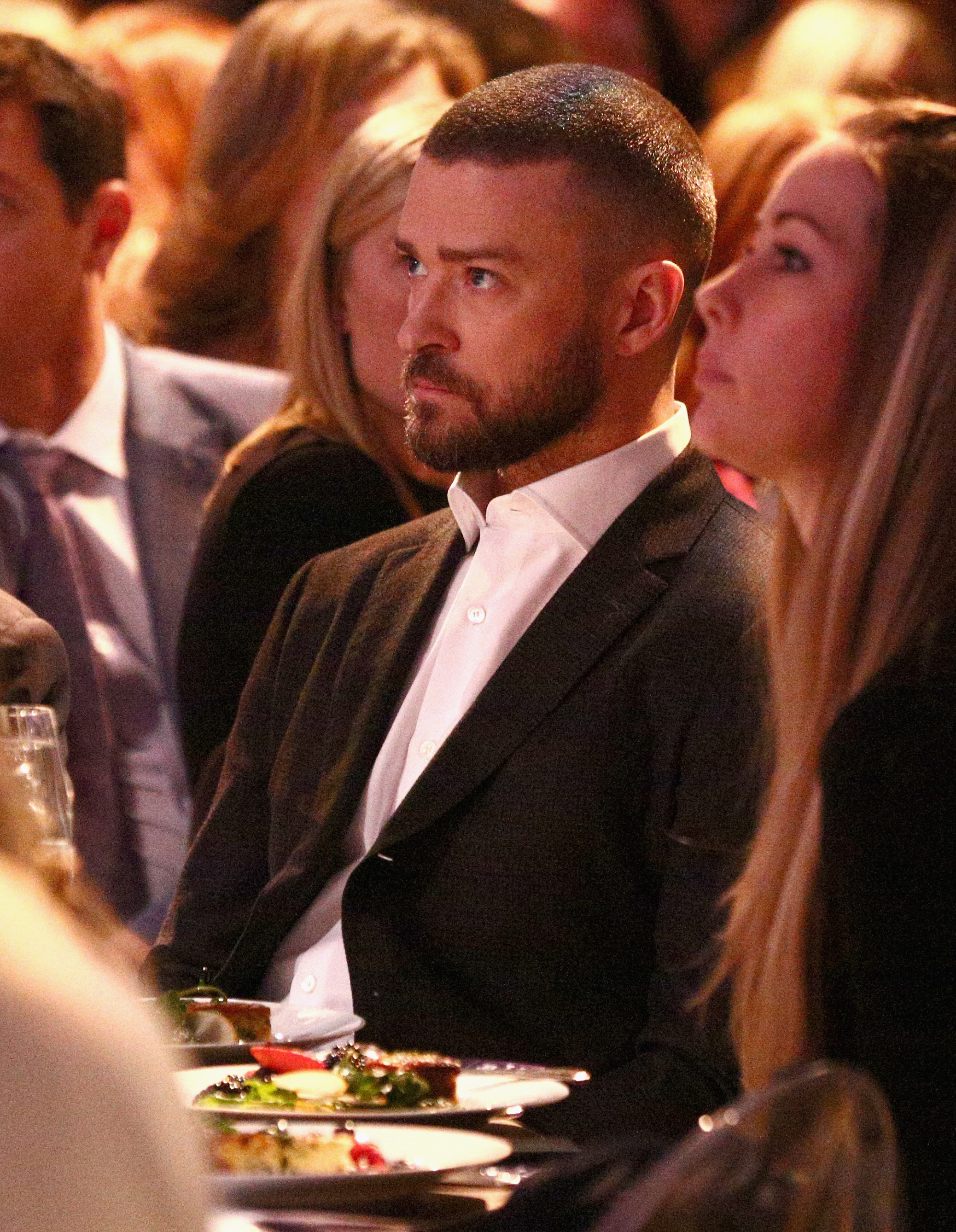
Years later, in 2021, Justin would go on to address the fact that he “benefited from a system that condones” racism as he issued a brief apology to Janet within an Instagram statement prompted by the intense backlash aimed at him after the Framing Britney Spears documentary was released.
Bringing Justin’s past into view now in light of the comments made in Britney’s memoir, several fans have reflected on his history of only aligning himself with the aspects of Black culture that appealed to or benefited him, while refusing for years to acknowledge his privilege.
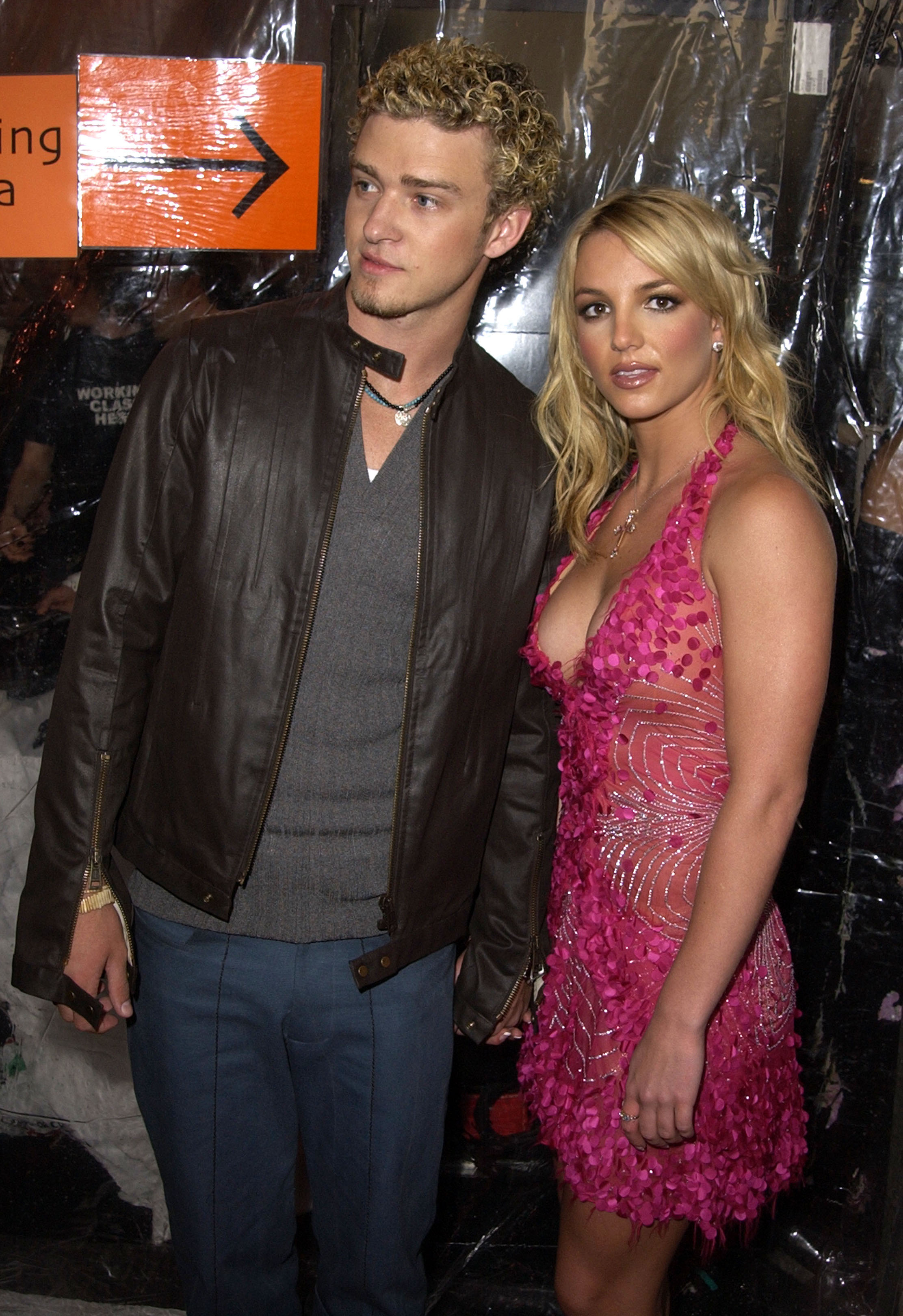
“If you recall JT with his cornrows and bandana headbands you will realize she told no lies,” someone tweeted.
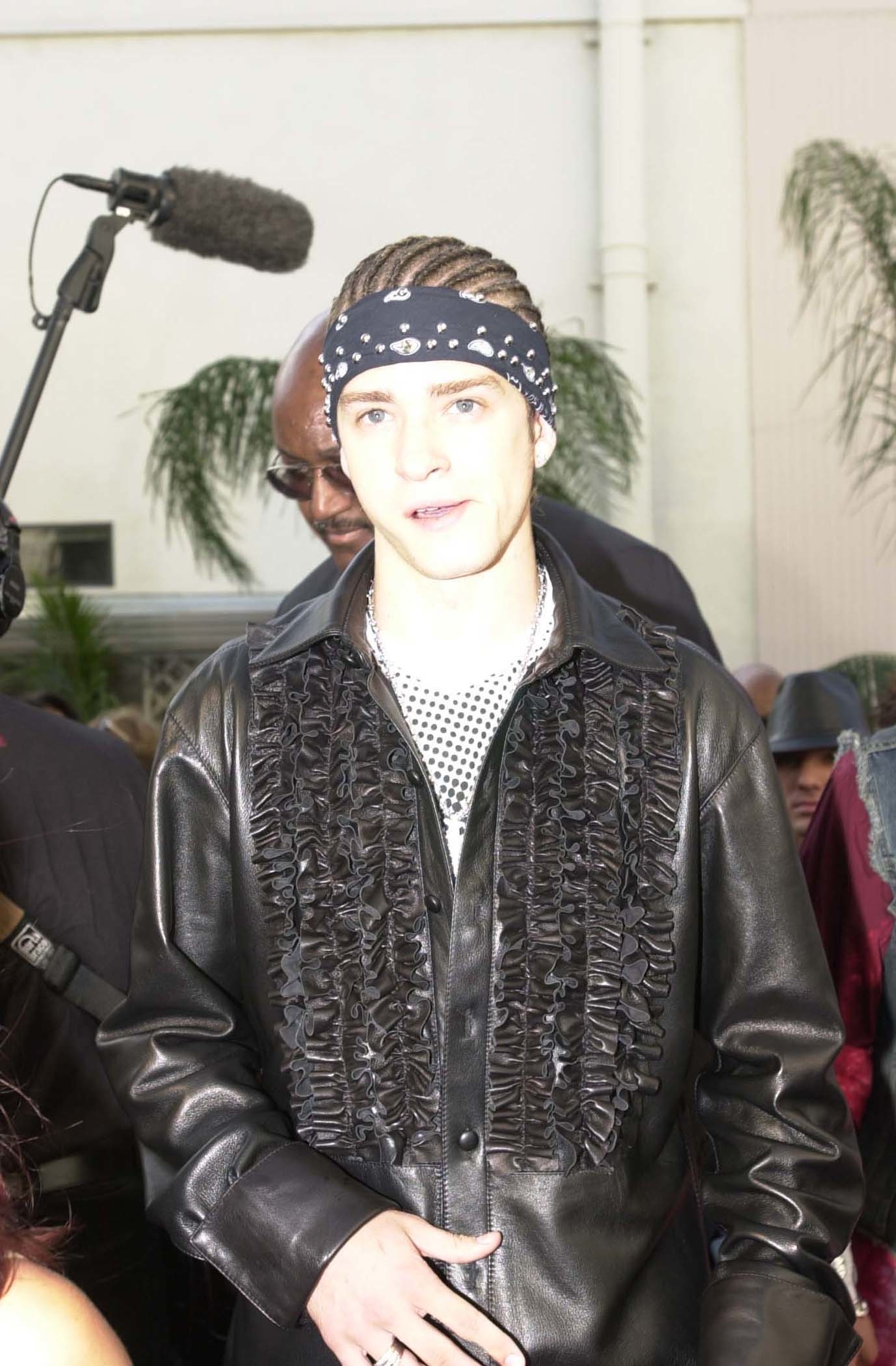
Before long, fans dug up an age-old clip of Justin beatboxing during one of his shows, which has been described as “cringe” by internet users who discussed the subject of cultural appropriation further.
